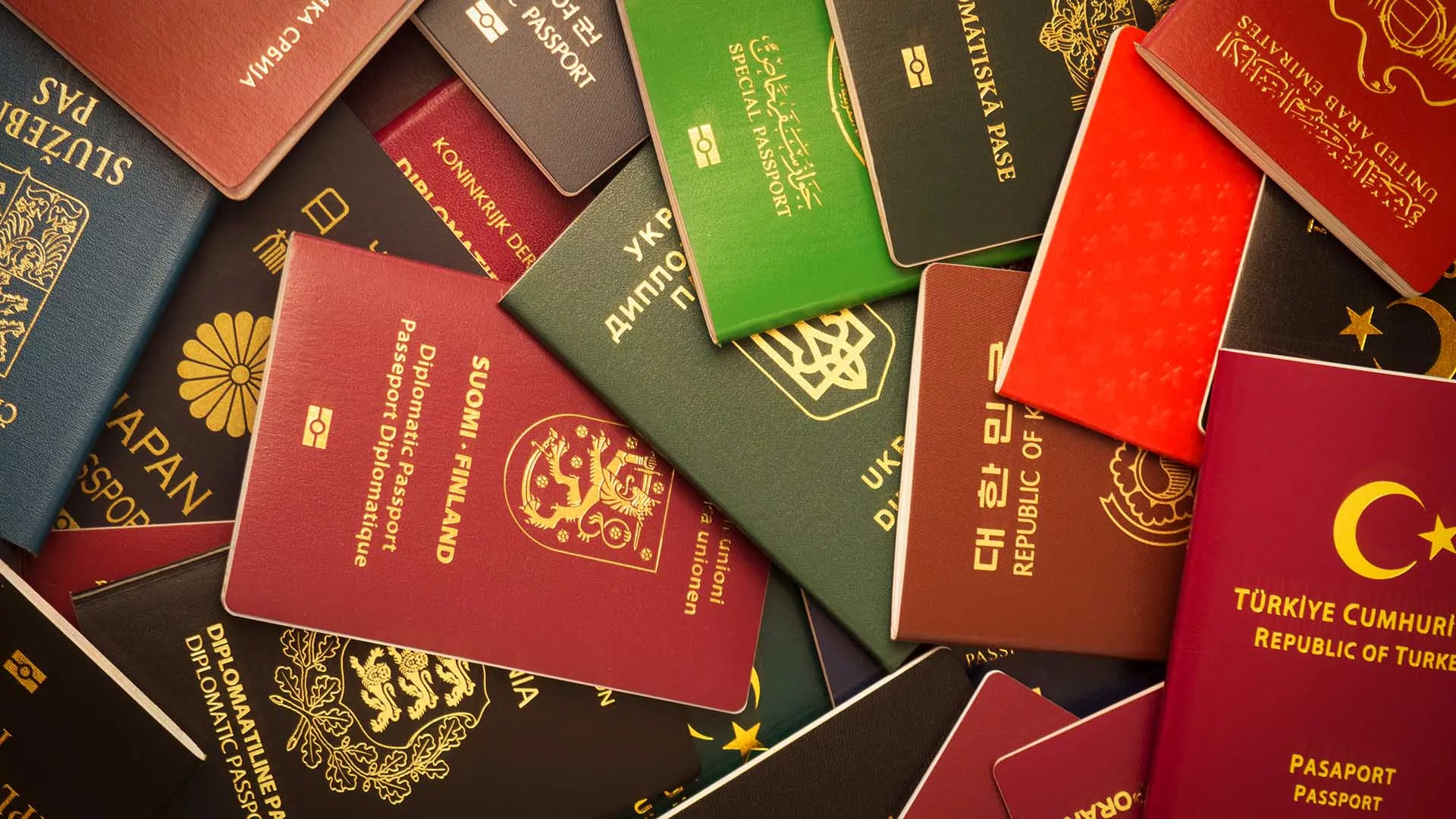The U.S. Treasury Department on Monday imposed sanctions on two Afghan former lawmakers and 44 companies linked to them in connection to the alleged siphoning of millions in U.S. government funds designated for Afghan security forces.
 The U.S. Treasury Department sanctions two Afghan former lawmakers. (Photo: NCinDC, Flickr, License)Mir Rahman Rahmani was a member of parliament and the speaker of the House when the government collapsed following the Taliban’s takeover in 2021. His son, Ajmal Rahmani, also served as a legislator. Their current whereabouts were not indicated, but both Rahmanis previously obtained passports from Cyprus and Saint Kitts & Nevis.
The U.S. Treasury Department sanctions two Afghan former lawmakers. (Photo: NCinDC, Flickr, License)Mir Rahman Rahmani was a member of parliament and the speaker of the House when the government collapsed following the Taliban’s takeover in 2021. His son, Ajmal Rahmani, also served as a legislator. Their current whereabouts were not indicated, but both Rahmanis previously obtained passports from Cyprus and Saint Kitts & Nevis.
According to the Treasury’s statement announcing the designations, the men are alleged to have operated an intricate “procurement corruption scheme that resulted in the misappropriation of millions of dollars” of U.S. government provided funds, by selling fuel to Afghan security forces at inflated prices.
In 2014 alone, “several families involved in the fuel business, including the Rahmanis, colluded to drive up the price of fuel on U.S.-funded contracts by more than $200 million and eliminate competitor bids,” the Treasury said.
Furthermore, the two sanctioned individuals fraudulently imported and sold fuel tax-free, under-delivered contractually agreed fuel supplies, and influenced the outcome of the 2018 parliamentary elections with gifts to voters and members of the Afghan Independent Election Commission to secure Mir Rahman Rahmani’s speaker position in the House, the Treasury alleged.
“In nearly every step of their corruption scheme, the Rahmanis created opportunities to enrich themselves at the expense of others,” the Treasury said.
Also blacklisted were 44 companies owned and controlled by the Rahmanis in Germany, Cyprus, United Arab Emirates, Austria, the Netherlands, and Bulgaria.
“Corrupt officials, like the Rahmanis, acquire and utilize foreign citizenships to conduct business around the world,” the Treasury said in its statement.
According to data obtained by OCCRP, Ajmal Rahmani received a Cypriot passport in 2014 and Mir Rahman Rahmani in 2017, under the now defunct citizenship-by-investment scheme.
An ad hoc committee appointed by Cyprus’s attorney-general, tasked with investigating corruption in the golden passport program in 2021, flagged Mir Rahman Rahmani’s Cypriot passport for revocation review, saying he failed to disclose ties to an Islamist group.
According to the report by the Nicolatos Committee, a former mayor who later became a Cypriot minister had lobbied for the speedy approval of Rahmani’s citizenship application.
While the committee ultimately flagged Ajmal Rahmani’s citizenship for revocation, it is unknown as to whether the order was ever carried out.
Some 233 golden passports have been revoked as of October 2023, according to Cyprus’ Ministry of Interior, which declined to comment on individual cases, citing personal data protection regulations.
The Rahmanis used FidesCorp to apply for the passports, a Cypriot corporate service provider owned by Savvas Poyadjis, an ex son-in-law to Demetris Syllouris, who served as the Cypriot parliament’s president from 2016 to 2020.
Syllouris was charged last year with corruption, after an Al Jazeera documentary exposed him offering to help undercover reporters, posing as Chinese investors, bypass the program’s regulations.
When contacted by OCCRP, Poyiadjis declined to comment, citing an ongoing police investigation.
Published by: occrp.org




